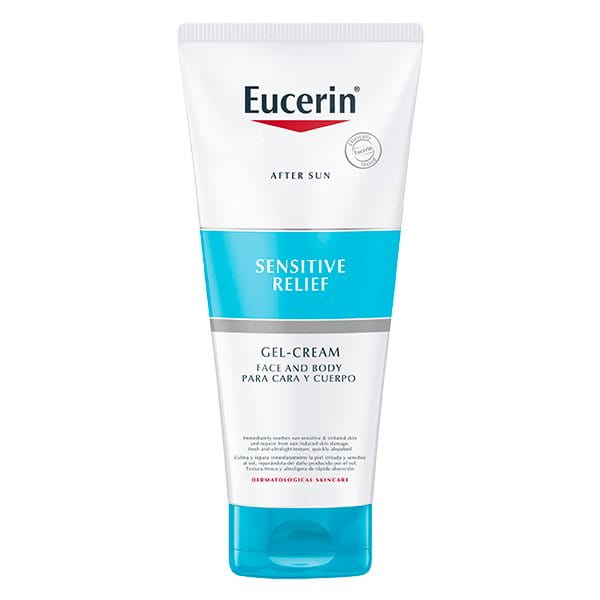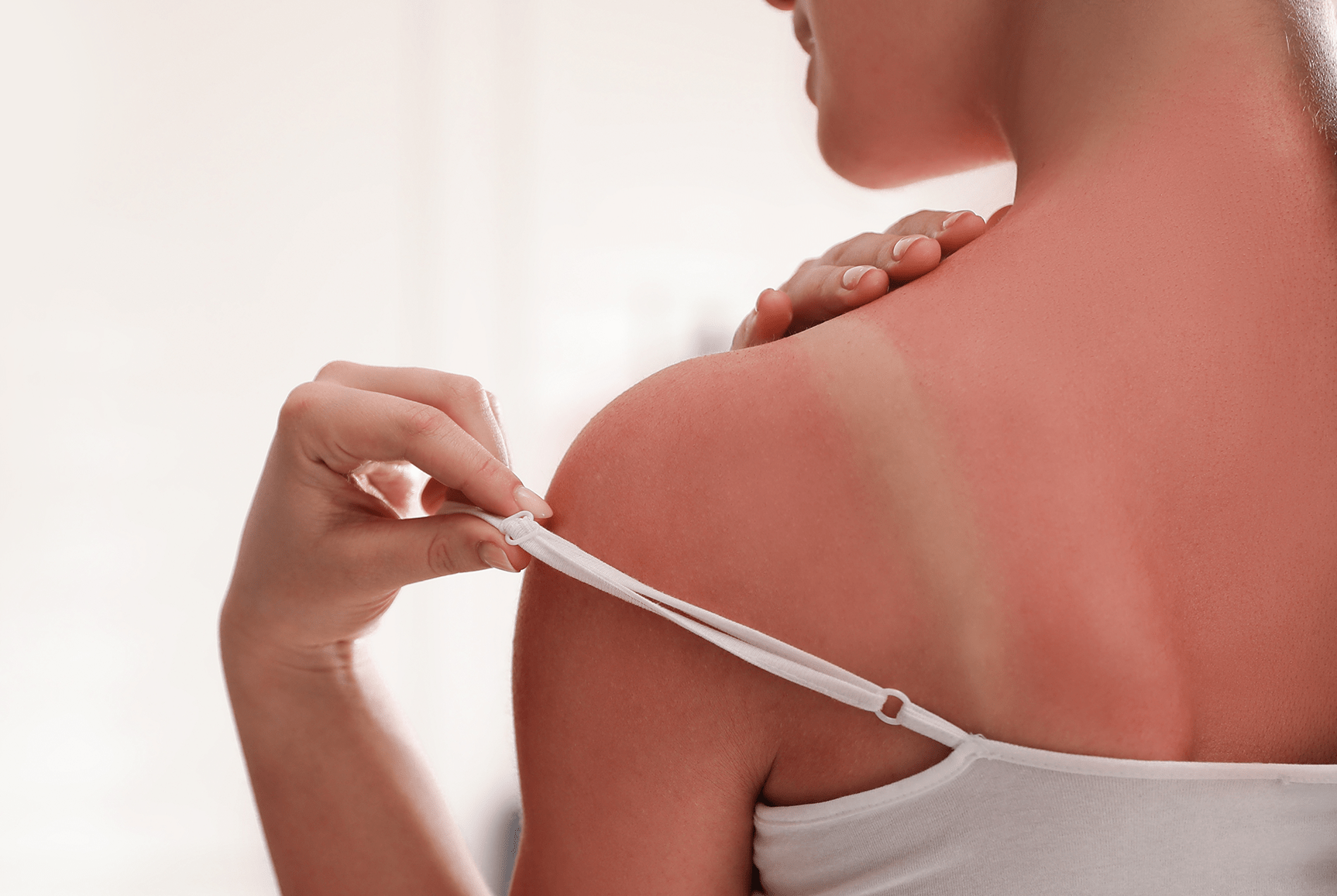SPF stands for sun protection factor. It works by reducing the amount of UV light that can make it through to your skin. Knowing which SPF you should use is dependent on a number of factors. You should consider which would work best with your skin-type, how much protection you need and what format you want your SPF to be.
Whilst all Eucerin products are made with scientifically-backed formulations and dermatologically approved for skin compatibility, they each have different benefits tailored to different skin types and concerns.
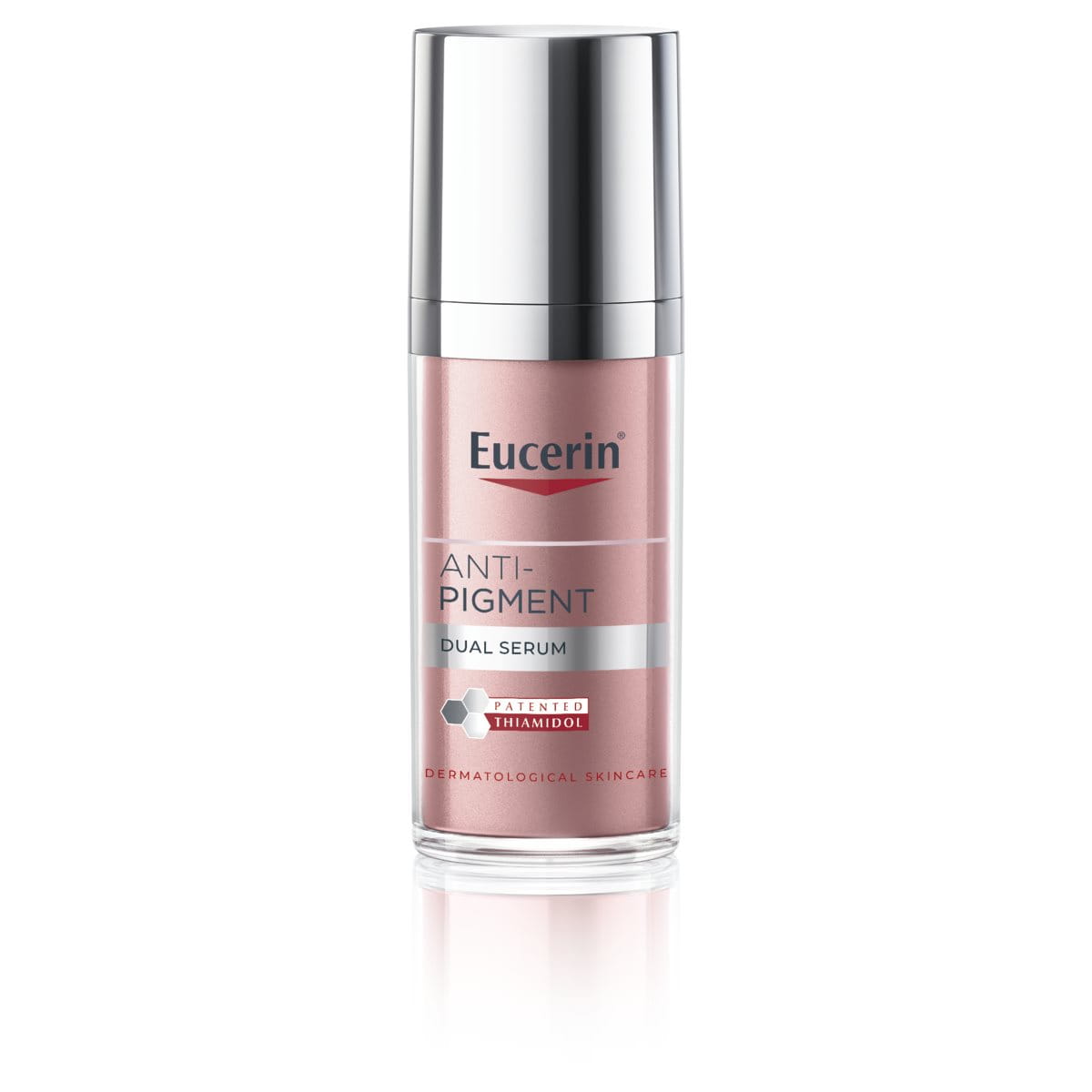
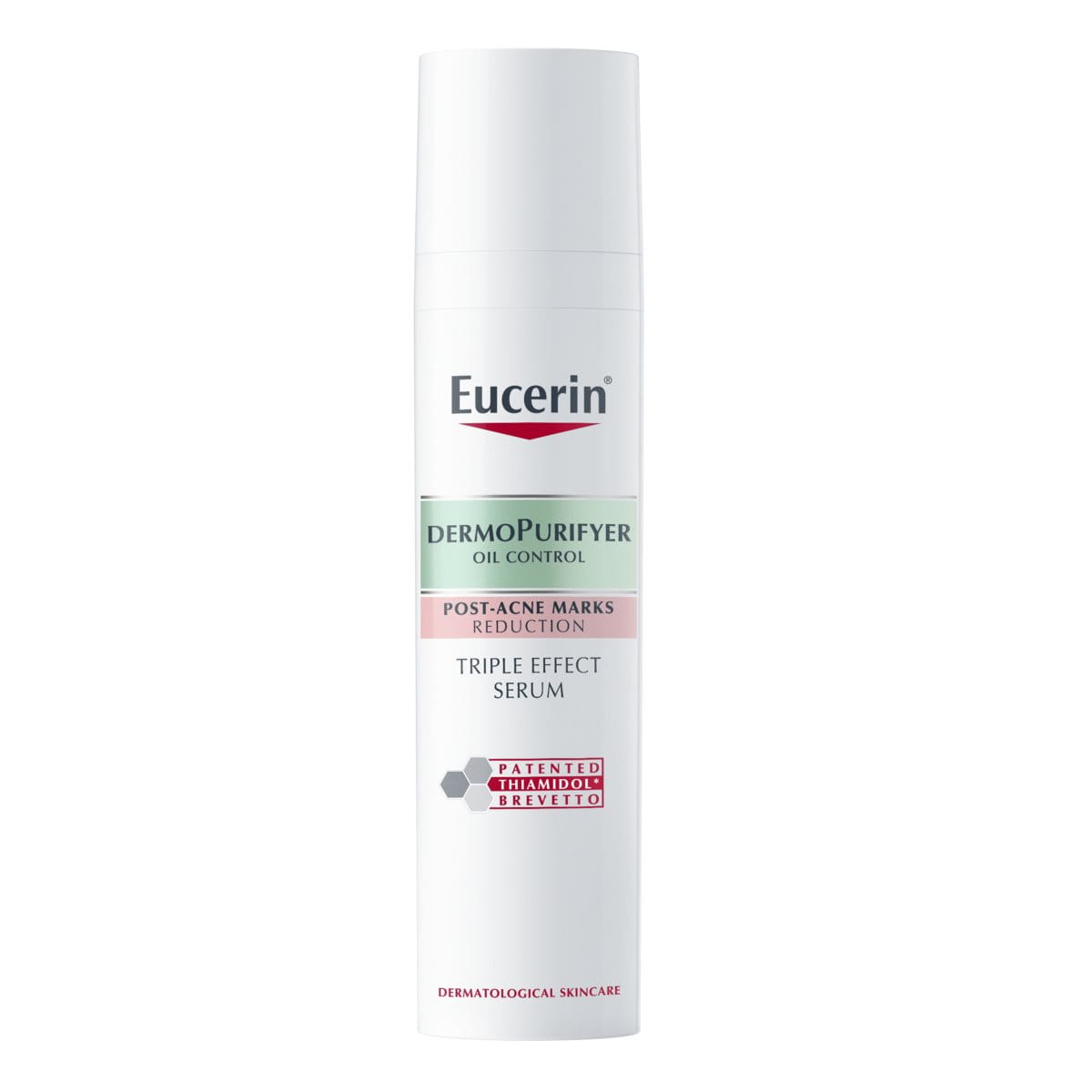


.jpg?rx=0&ry=1093&rw=4896&rh=1077&hash=9E9D6AAD803FDE6CA4C0611B59462865)
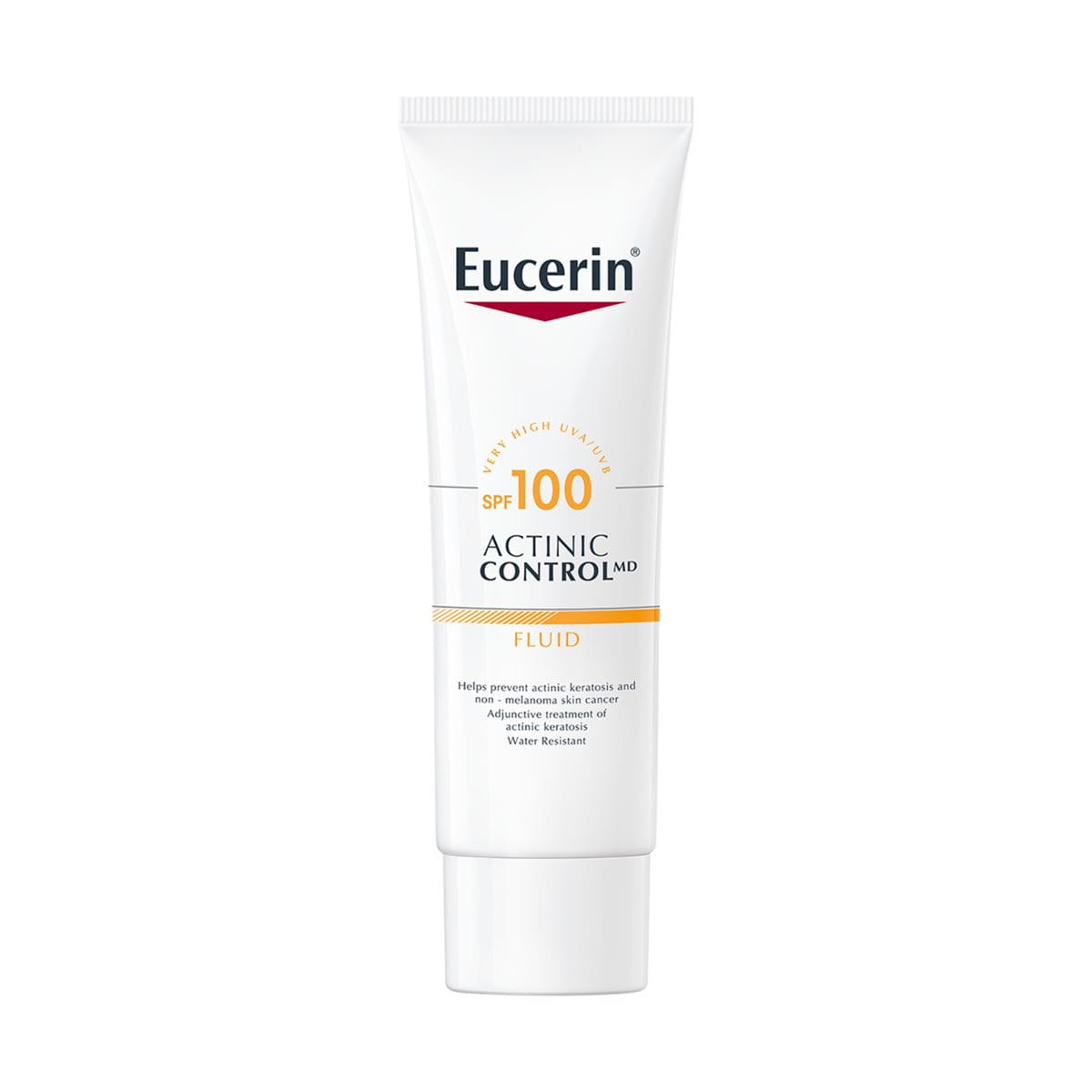
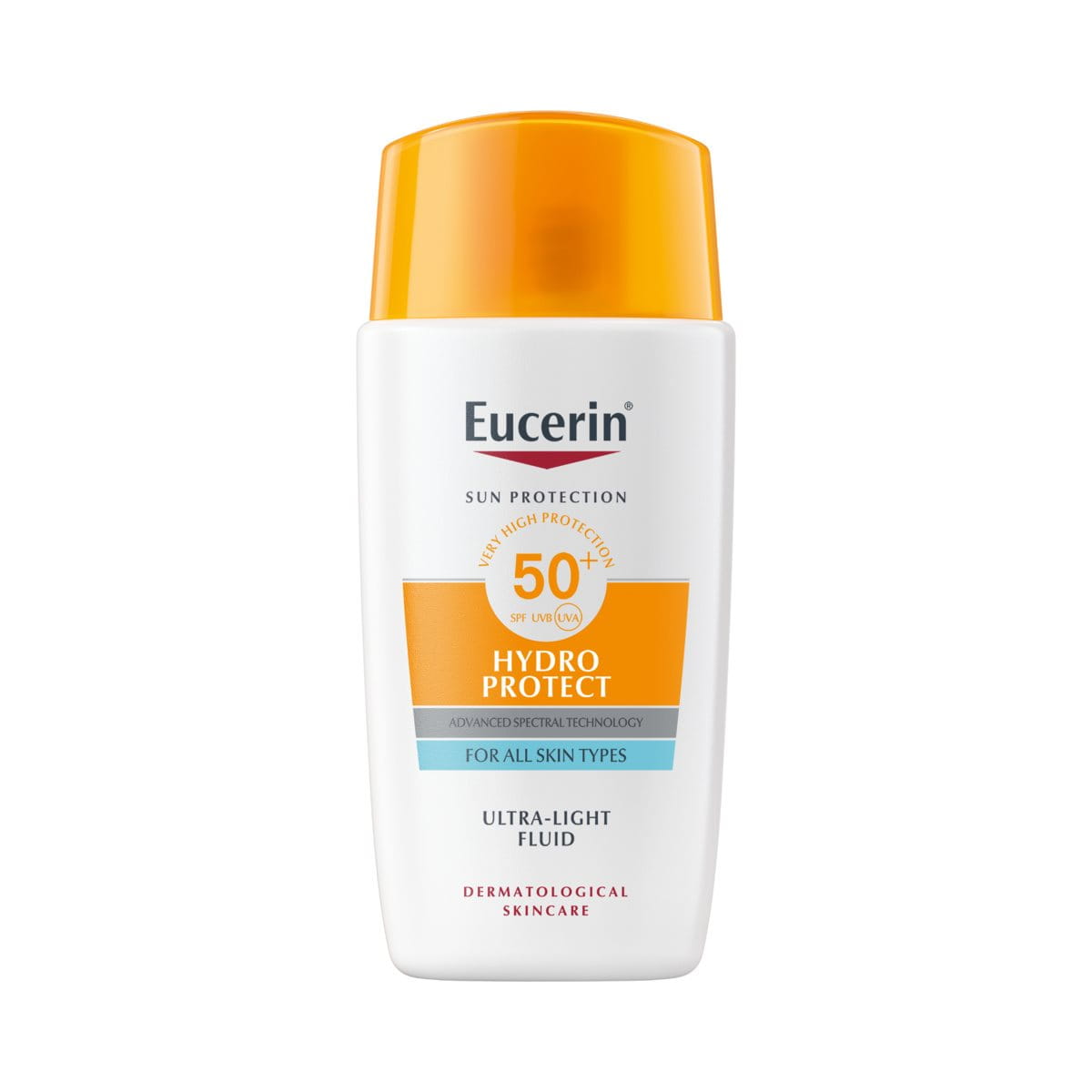
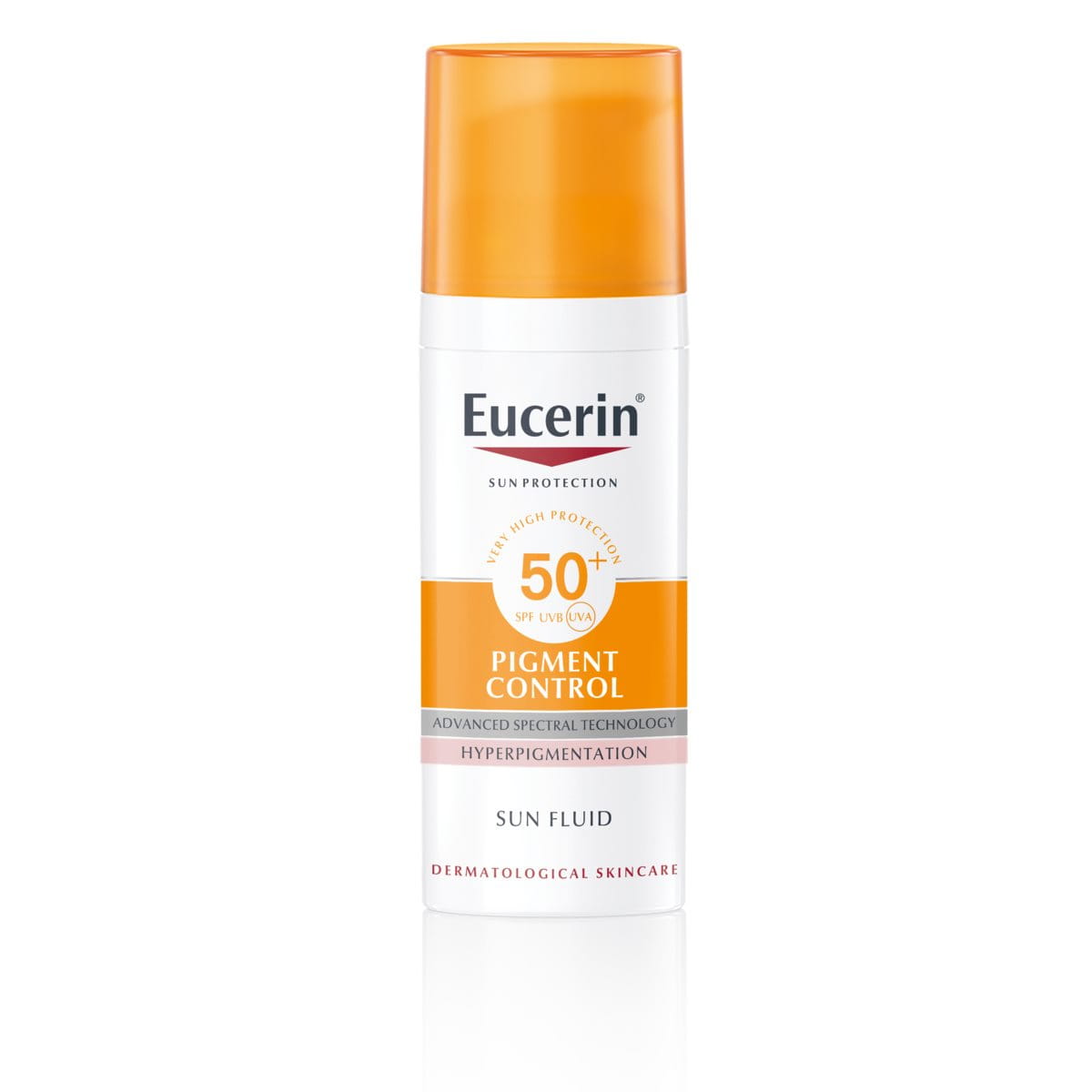
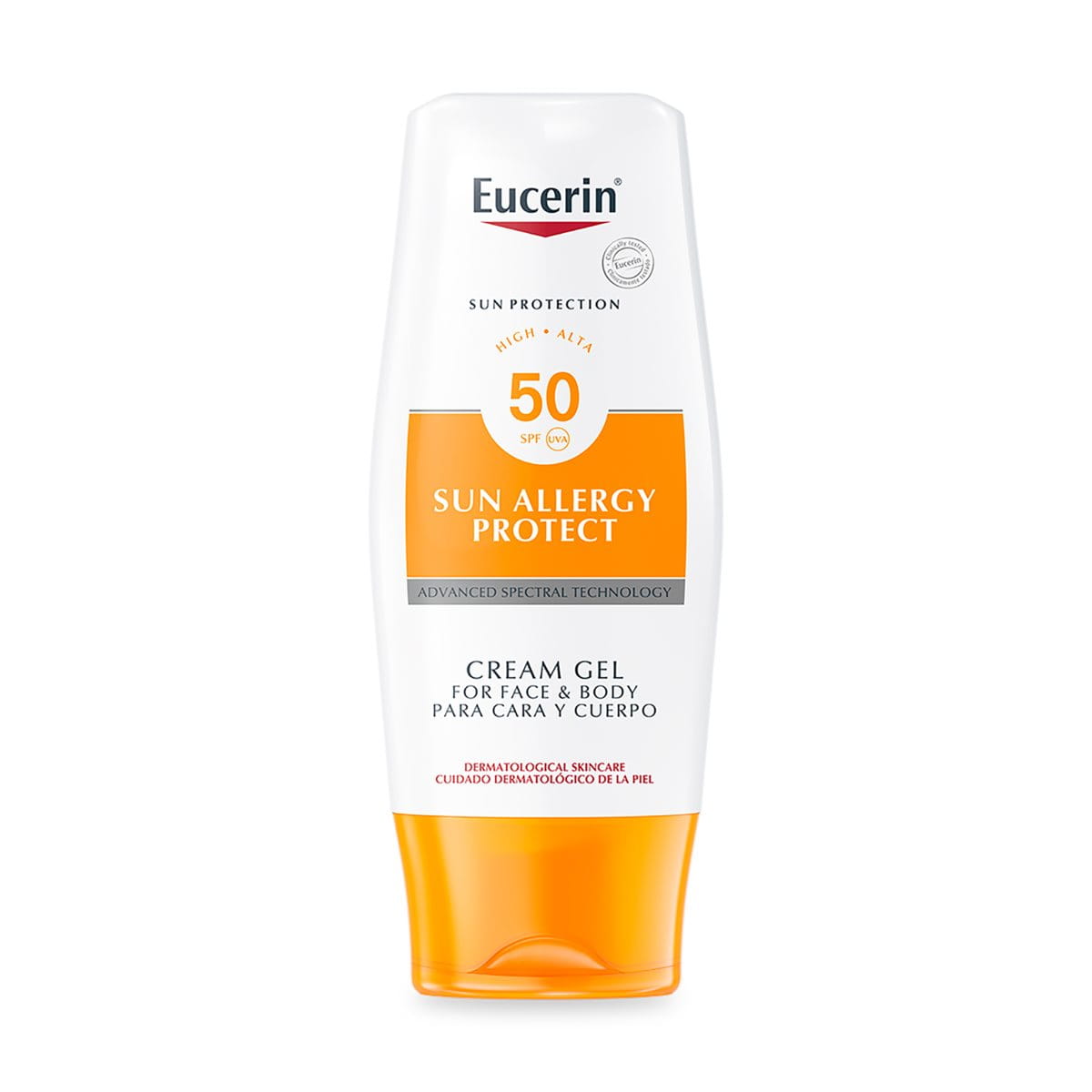
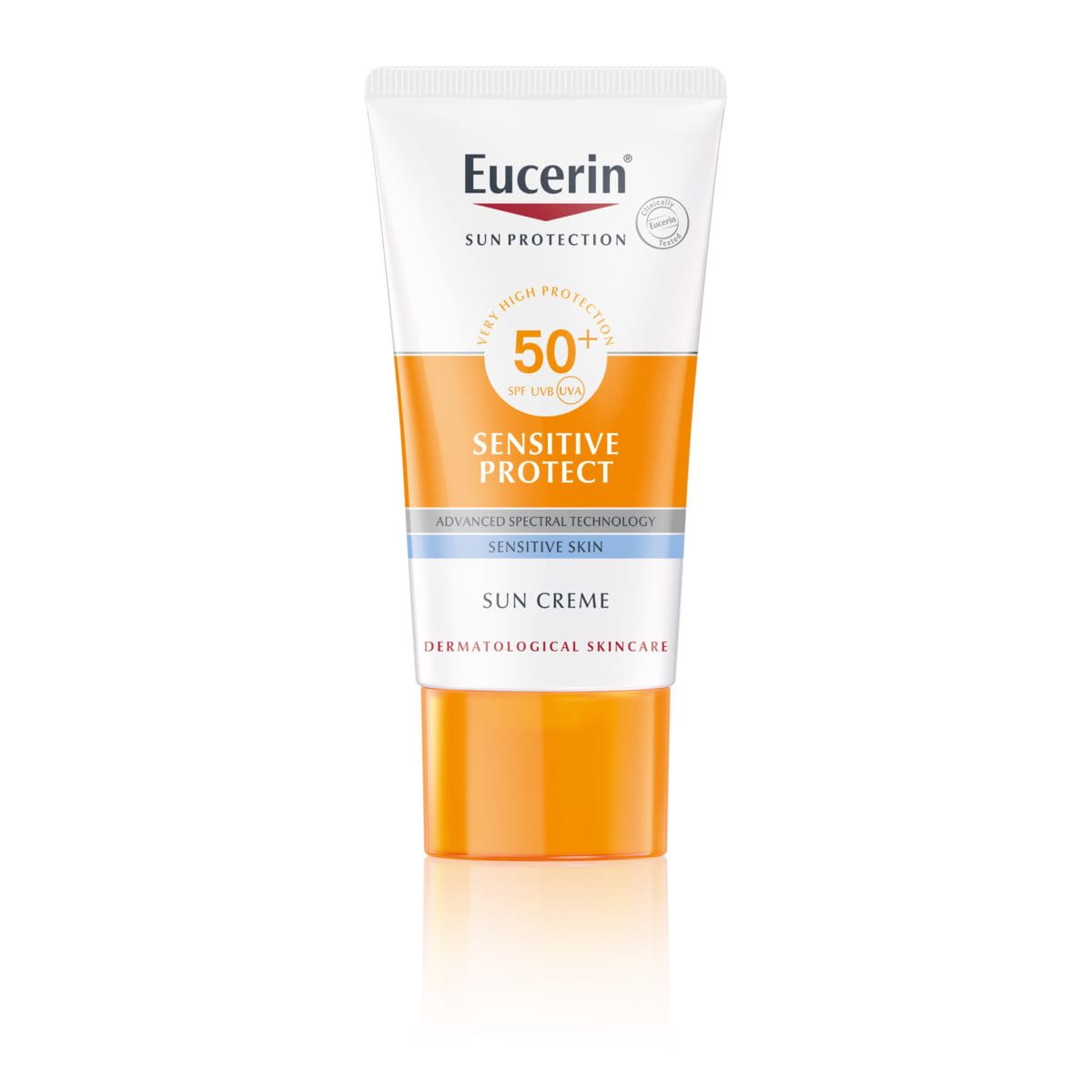
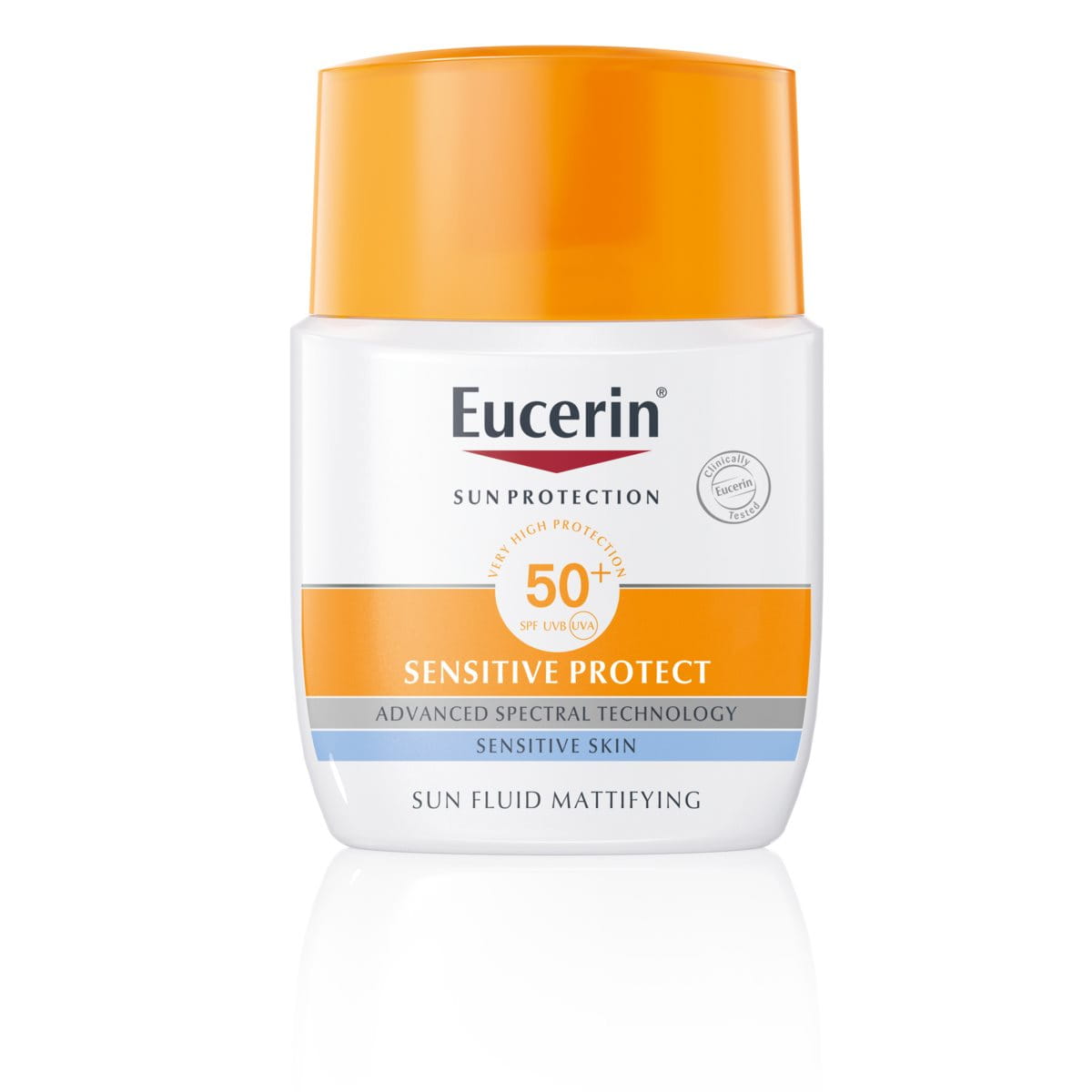
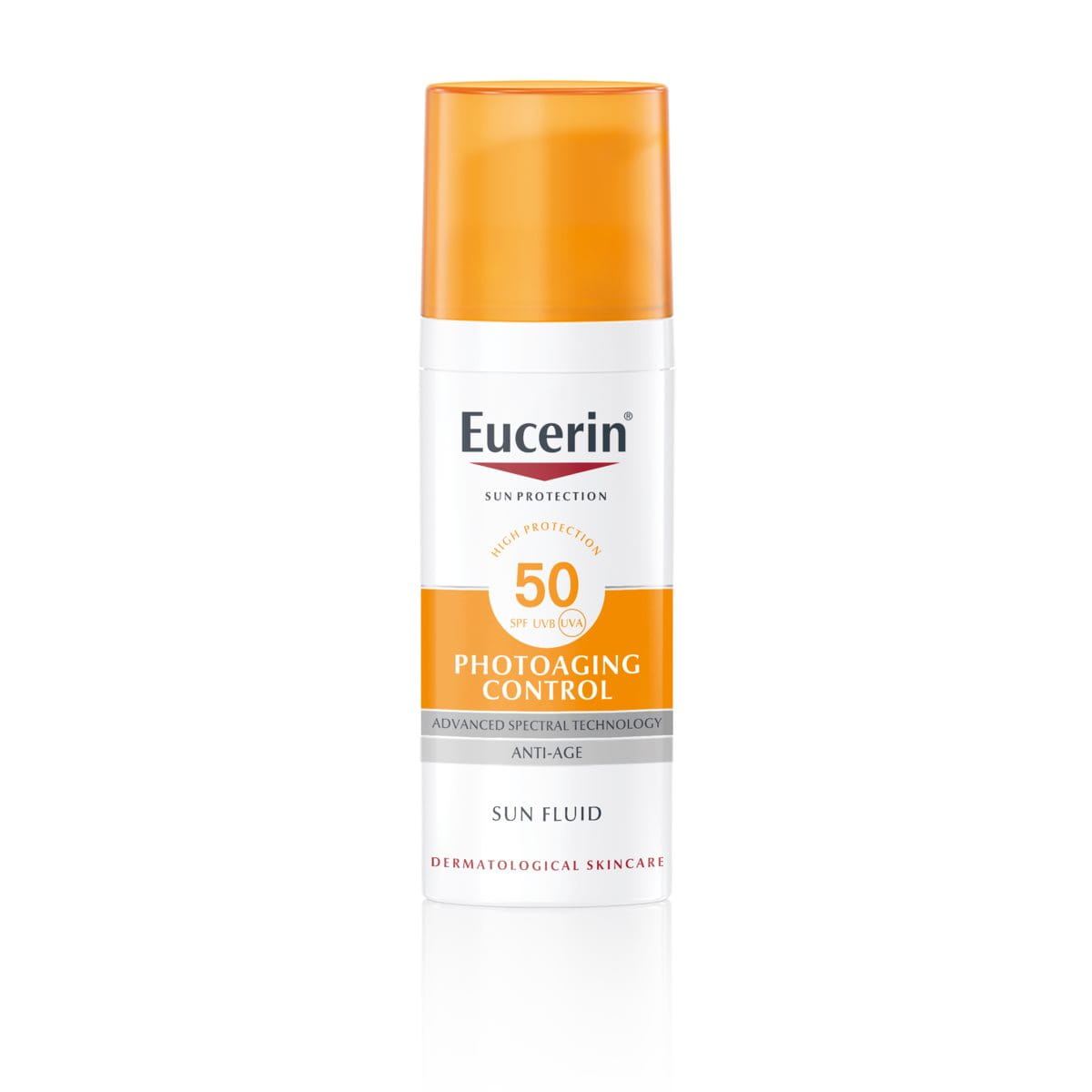
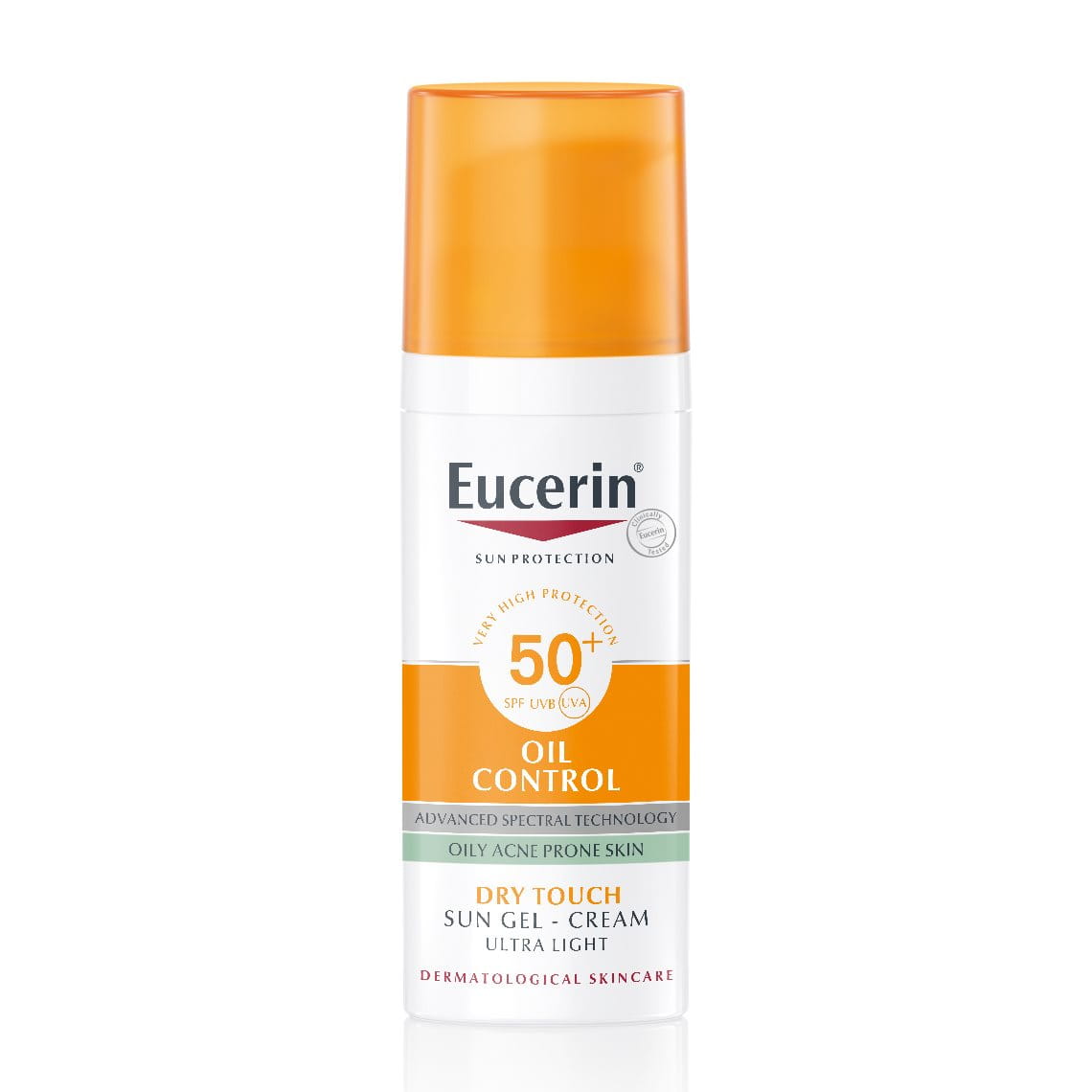
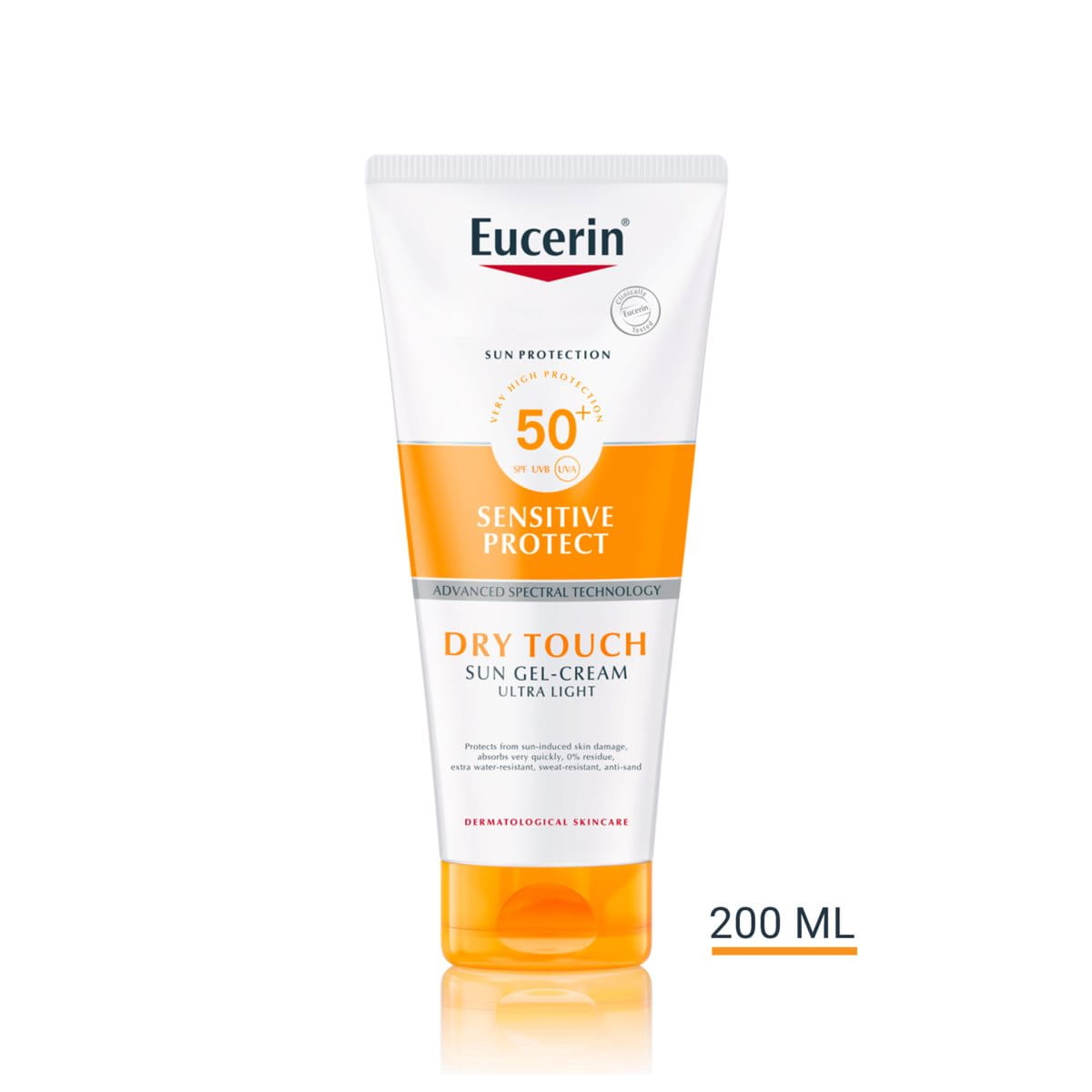
.jpg)
